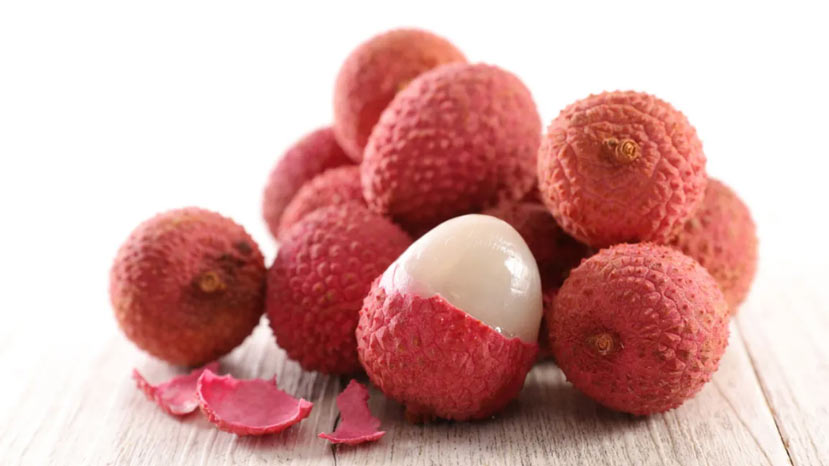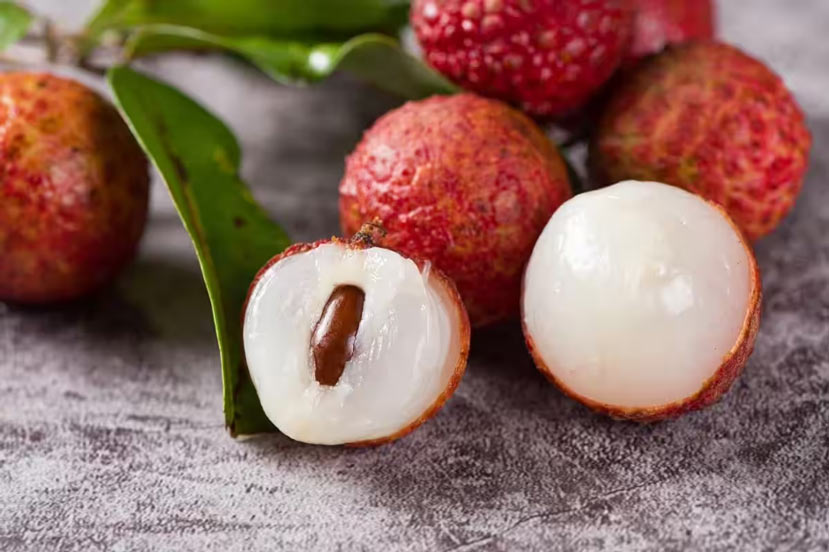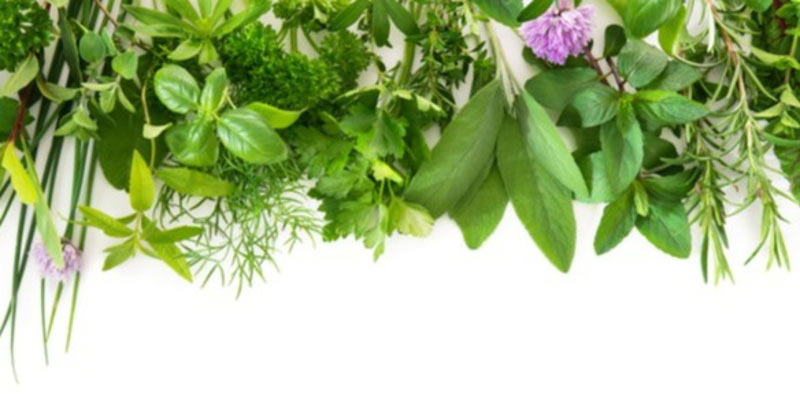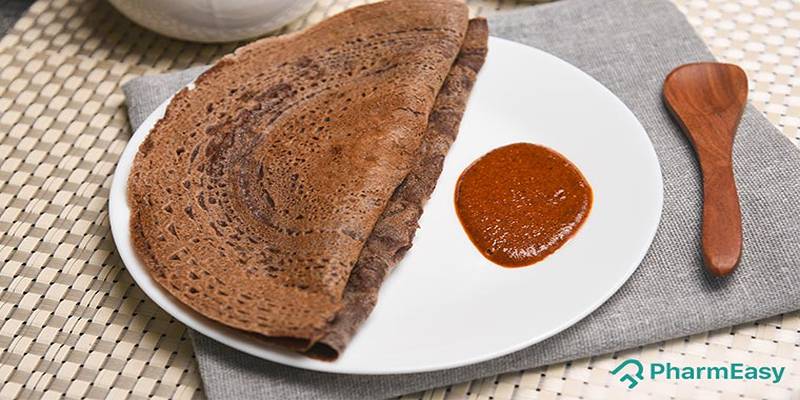Are you looking to add more nutrition and flavor to your diet? Litchi, one of the oldest fruits in recorded history, may be just what you need! Litchi is a delicious treat and contains abundant essential vitamins and minerals that can help protect your body against chronic illnesses.
This blog post'll explore all the wonderful benefits of incorporating Litchi into your lifestyle! From its impressive nutrient profile and potential health benefits to how to incorporate it into dishes for a flavorful punch – let's dive into why adding Litchi to your diet might be worth considering.
Litchi – A Brief
Litchi, or lychee, is a tropical fruit native to Southeast Asia. It belongs to the soapberry family and is known for its sweet and juicy flesh.
Here's a brief overview of Litchi:
Appearance
Litchi has a round or oval shape with bumpy, rough skin. The skin is typically reddish or pinkish, although there are also varieties with a yellowish or greenish hue. The fruit is translucent white or pinkish, containing a single large seed.
Flavor and Texture
Litchi has a distinct, sweet flavor with floral undertones. The flesh is juicy and succulent, slightly firm, and somewhat gelatinous.
Nutritional Profile
Litchi is low in calories but rich in essential nutrients. It contains a good amount of vitamin C, which is important for immune function and collagen synthesis. Litchi also provides dietary fiber, potassium, copper, and antioxidants, which can help protect against oxidative damage.
Culinary Uses
Litchi is often enjoyed fresh as a snack or dessert. It can also be used in various culinary preparations, including fruit salads, smoothies, cocktails, and ice creams. The fruit can be peeled and eaten as is or added to sweet and savory dishes for its unique flavor and texture.
Harvest Season
Litchi is a seasonal fruit, typically harvested during the summer months. The fruit is highly perishable and is best consumed when fresh and ripe.
Litchi is not only cherished for its delightful taste but also for its potential health benefits. However, individuals with certain allergies or sensitivities should exercise caution, as Litchi can cause adverse reactions in some cases. As with any fruit or food, consuming Litchi in moderation is important as part of a balanced diet.
Surprising Benefits of Litchi

Litchi, or lychee, is a delicious tropical fruit with several potential health benefits. Here are 10 benefits of Litchi:
Rich in Vitamin C
Litchi is a great vitamin C source for immune function, collagen synthesis, and antioxidant protection.
Antioxidant Power
Litchi contains antioxidants like flavonoids and polyphenols, which help neutralize harmful free radicals and protect against oxidative stress and cellular damage.
Boosts Immunity
Litchi's high vitamin C content strengthens the immune system, helping fight infections, colds, and other illnesses.
Supports Digestive Health
Litchi is rich in dietary fiber, which aids digestion, prevents constipation, and promotes a healthy digestive system.
Promotes Healthy Skin
The antioxidants and vitamin C in litchi help protect the skin from damage caused by free radicals, promoting a healthy and youthful complexion.
Enhances Heart Health
Litchi contains polyphenols that may help reduce the risk of cardiovascular diseases by improving heart health, lowering cholesterol levels, and reducing inflammation.
Provides Energy
Litchi is a good source of carbohydrates, providing a quick and natural energy boost.
Anti-Inflammatory Properties
Some compounds in Litchi have anti-inflammatory effects, which may help reduce inflammation and alleviate symptoms of inflammatory conditions.
Supports Blood Circulation
Litchi contains copper, which is essential for the production of red blood cells and proper blood circulation.
Hydration
Litchi has a high water content, which helps keep the body hydrated and supports overall health.
It's important to note that individual responses and experiences may vary. Litchi should be enjoyed as part of a balanced diet and in moderation, considering any specific health conditions or dietary restrictions.
Litchi Benefits For Skin

Litchi offers several benefits for the skin. Here are some ways in which Litchi can promote healthy and vibrant skin:
Antioxidant Protection
Litchi contains antioxidants like vitamin C and other compounds like flavonoids and polyphenols. These antioxidants help combat free radicals that can damage skin cells and accelerate aging. Regularly consuming Litchi or applying litchi-infused skincare products can help protect the skin from oxidative stress and maintain a youthful appearance.
Collagen Synthesis
Litchi contains vitamin C, which plays a crucial role in collagen synthesis. Collagen is a protein that provides structure and elasticity to the skin. Litchi helps improve skin firmness, elasticity, and overall texture by boosting collagen production.
Hydration and Moisturization
Litchi has high water content, which helps keep the skin hydrated and moisturized. Proper hydration is essential for maintaining healthy skin and preventing dryness, flakiness, and dullness.
Brightening and Even Skin Tone
The vitamin C content in Litchi can help brighten the skin and even out the complexion. It helps inhibit melanin production, the pigment responsible for dark spots and uneven skin tone, resulting in a more radiant and uniform complexion.
Anti-Aging Effects
The antioxidants in litchi help protect the skin against premature aging signs, such as wrinkles, fine lines, and sagging. They help neutralize free radicals, reduce oxidative stress, and maintain the skin's youthful appearance.
Soothing and Calming Properties
Litchi contains compounds with soothing and anti-inflammatory properties. It can help calm irritated skin, reduce redness, and alleviate skin conditions like acne, eczema, and dermatitis.
Revitalizing and Nourishing
Litchi is packed with vitamins, minerals, and nutrients that nourish the skin, providing it with essential nutrients for optimal health and vitality. It can revitalize dull and tired-looking skin, giving it a refreshed and rejuvenated appearance.
Incorporating Litchi into your diet or using skincare products infused with litchi extracts can help harness these skin benefits. However, it's important to note that individual experiences may vary, and it's advisable to consult a dermatologist or skincare professional for personalized advice.
FAQs
How many litchis should I eat in a day?
Depending on individual needs, the recommended daily litchi intake is around 400-600g. It is best to consult your healthcare provider for personalized advice on the right amount.
Is Litchi good for the skin?
Yes, Litchi is especially rich in Vitamin C, which helps reduce blemishes and pigmentation. It also contains essential antioxidants that help protect against free radical damage while keeping the skin nourished and hydrated. Additionally, Litchi may help improve skin elasticity and collagen production.
Can we eat Litchi at night?
Yes, Litchi can be an excellent snack option if eaten in moderation. It provides a natural energy source and contains essential nutrients like vitamin C, potassium, magnesium, and phosphorus which are all beneficial for the body.
Conclusion
Including Litchi in the diet can help reduce damage from inflammations and may even reduce oxidative stress. Additionally, the antioxidants found in Litchi can work against hazardous free radicals, while vitamins and minerals like Vitamin C and potassium provide nutritional support for overall health.
One of the best features of this amazing fruit is that it offers a wealth of essential phytonutrients not found in many other foods. So why wait any longer? Start incorporating the deliciousness of Litchi into your lifestyle today – after all, the potential health benefits are too good to pass up!







